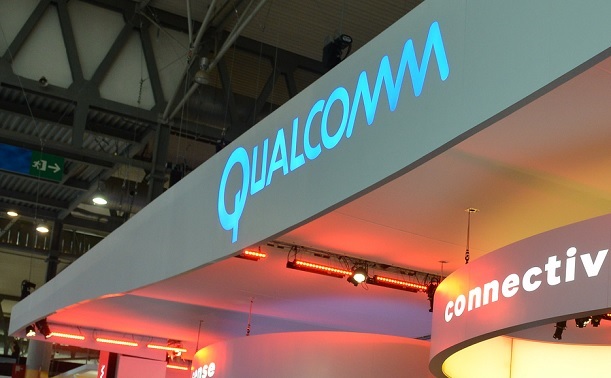Qualcomm is suing the four manufacturers of Apple’s iPhones in the latest bout of legal wrangling affecting the chipset manufacturer.
The company has accused Foxconn, Pegatron, Wistron and Compal Electronics of “breaching license agreements and other commitments” and alleging they are not paying for Qualcomm’s technologies.
Qualcomm is seeking damages from the four companies as well as a requirement they comply with the terms of their contract.
In a statement, the chipset maker claimed the manufacturers have been told by Apple not to pay. However, Qualcomm has claimed some of the licence agreements with the manufacturers date back to before Apple sold its first iPhone.
It also alleged that the manufacturers are continuing to make payments to Qualcomm for use of its technology in non-Apple products.
Don Rosenberg, Executive Vice-President and General Counsel of Qualcomm, said: “It is unfortunate that we must take this action against these long-time licensees to enforce our agreements, but we cannot allow these manufacturers and Apple to use our valuable intellectual property without paying the fair and reasonable royalties to which they have agreed.
“As Apple continues to collect billions of dollars from consumer sales of its Qualcomm-enabled products, it is using its market power as the wealthiest company in the world to try to coerce unfair and unreasonable license terms from Qualcomm in its global attack on the company.
“Our license agreements with Apple’s manufacturers remain valid and enforceable. The manufacturers must continue to live up to their obligations under these agreements and Apple should immediately cease its tortuous interference.”
Qualcomm has already warned its ongoing legal row with Apple will cost it heavily. It said earlier this month it could take a $500 million hit in sales because of the case.
Apple was unavailable for comment.


